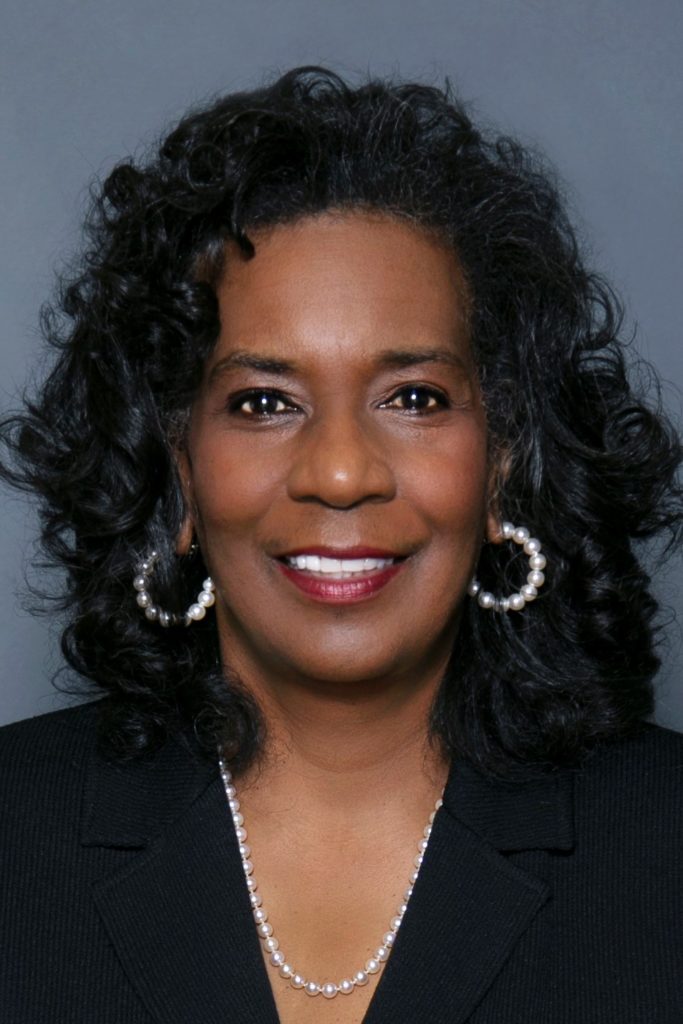August 24, 2022

Bonnie M. Word, MD, is the director of Houston Travel Medicine Clinic. Dr. Word received her medical degree from Washington University in St. Louis, Missouri. She completed her residency at Children’s Hospital National Medical Center in Washington, D.C., and her fellowship in Pediatric Infectious Disease at Boston City Hospital in Boston, Massachusetts.
Dr. Word began her career at the University of Medicine and Dentistry of New Jersey, New Jersey Medical School in Newark, NJ with a clinical research focus in HIV. She also spent time in pharmaceuticals working on Phase 3 and 4 antiviral clinical trials prior to returning to academia. In 2003 she joined Baylor College of Medicine, and in 2011, opened the travel clinic to aid the abundance of travelers the oil and gas industry shuffled through the area as well as the needs of U.S. travelers.
Why pediatric ID? First, pediatrics was the only rotation that never caused me to look at my watch. During residency, H influenzae was very prevalent, epiglottis, meningitis etc. I saw children admitted who were severely ill. With the assistance of our attending, we developed the differential diagnosis. Through treatment, I saw the patient improve and relief wash over the parents. There was also the enthusiasm of Bill Rodriguez, MD and others in the ID division at Children’s National. Their engagement and teaching, willingness to talk and explain, helped guide some early career decisions.
Where have you taken your ID focus? My fellowship in Boston involved research in Otitis Media. However, I wanted to go home to New Jersey, and it was there I began work in HIV. There were three cities (New York, Newark, Miami) seeing the bulk of patients. This was when AIDS clinical trials were ongoing. One study, ACTG 076, changed the landscape of Pediatric HIV. Administering this drug to pregnant women significantly diminished the transmission rate of HIV to the newborn.
In the late 90s I became interested in the business side of medicine. How is reimbursement determined, why were claims being denied? What were the proper coding? ID doesn’t have a specific procedure and many of the activities we perform are not face to face with the patient, so not billable. This adds to unfair compensation and calls for a need to be creative and educated on how to get reimbursed for our contributions. We are tired of being undervalued. The pandemic elevated the value of ID specialists. Thanks to Dr. Anthony Fauci, now everyone knows what an ID specialist is and what we do.
What has defined your peds ID career? My background as an Peds ID physician has brought opportunities I would not have imagined. Serving on the Advisory Committee on Immunization Practices, for instance. My ID work can also be credited with the travel clinic as it was a response to phone calls regarding vaccination requests. But there can be roadblocks that could have been discouraging too.
What is important is to keep moving forward and to be flexible. ID, in general, is not attracting enough new fellows. There needs to be a way to bring people into our exciting field and to ensure they feel wanted, welcomed, and supported not only during training, but once they’ve embarked on their career. Compensation, where I have worked, is part of that. ID has demonstrated its worth, now we need to address compensation to continue to attract future fellows. We save institutions money through actions like antimicrobial stewardship and infection control and that needs to be accurately considered.
What do you enjoy most about being a PIDS member; what keeps you renewing your membership? I’ve always thought of myself as a peds ID person. Even when occasionally, it felt distant. It will always be my home base. Annually, I look forward to the opportunity to interact with colleagues at IDWeek. I especially enjoy the interactive cases and I couldn’t imagine not participating. And I look forward to continuing work on improving compensation as we make way for the next generation of peds ID physicians.